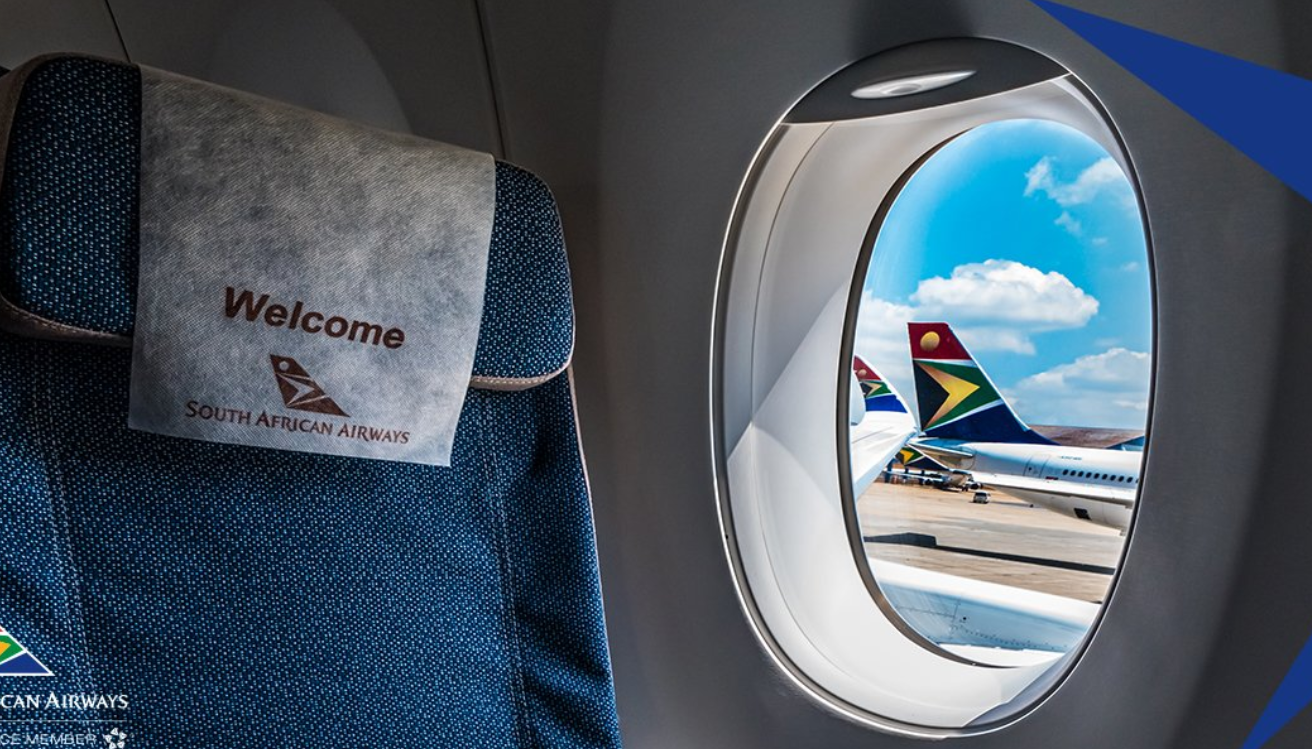Regulatory Delays Spark Fuel Supply Concerns Amid Aviation Industry Warning
South African Revenue Service (SARS) Commissioner Edward Kieswetter has granted special permission for the importation of jet fuel, specifically kerosene, after the aviation industry raised alarm about the looming threat of fuel shortages. This urgent measure was taken in response to concerns that supply disruptions could impact major airports like O.R. Tambo International Airport and King Shaka International Airport.
The Fuels Industry Association of South Africa (FIASA) had previously warned that regulatory delays in licensing import storage facilities were causing a bottleneck in the supply of aviation fuel. These disruptions posed a risk to airport operations and airline schedules, potentially affecting both domestic and international travel.
In a media statement released Monday, SARS acknowledged the growing industry concern and confirmed it had engaged with stakeholders to mitigate the potential crisis. The revenue service announced that, after careful consideration, special permission has been granted for the importation of kerosene from October 21, 2024, until October 20, 2025.
SARS Steps In to Address Licensing Complications
SARS stated that the temporary measure will allow stakeholders the necessary time to resolve complex regulatory challenges involving the deregistration of manufacturing warehouses and the reregistration of impacted storage facilities. This process, critical for ensuring compliance with national fuel regulations, had been slowed down due to administrative hurdles.
“The special permission is granted to allow parties to attend to the complexities involved in the process of deregistering manufacturing warehouses and reregistering affected storage facilities," SARS explained. The Commissioner emphasized the urgency of concluding these regulatory matters to prevent further disruptions.
SARS further clarified that affected taxpayers involved in the importation and distribution of kerosene fuel will be individually notified, ensuring that all licensing and compliance requirements are met. The revenue service is working closely with stakeholders to provide tailored guidance based on their unique circumstances.
Aviation Sector Welcomes Certainty Amid Supply Challenges
The temporary relief is seen as a crucial step to restoring certainty within the aviation industry, which has been under pressure due to volatile global energy prices and fluctuating fuel supply chains. "SARS believes that this announcement will bring certainty to the industry, which will benefit the country’s economy and enable everyone to travel smoothly,” the revenue service stated.
The Fuels Industry Association of South Africa reiterated its earlier concerns, stressing that the supply of aviation kerosene had been under significant threat due to the delays in licensing storage facilities for imported fuel. In light of the granted special permissions, the association has welcomed SARS' intervention but noted the need for swift action to ensure the long-term stability of fuel supply in the aviation sector.
As the global aviation industry continues to recover from the impacts of the COVID-19 pandemic, ensuring a steady supply of jet fuel has become increasingly critical. South Africa, as a major hub for both regional and international flights, is particularly vulnerable to supply chain disruptions. With the special permissions now in place, industry stakeholders are hopeful that potential disruptions will be avoided and that airport operations will continue to run smoothly.
For now, SARS remains committed to closely monitoring the situation and providing any further regulatory adjustments as necessary, ensuring the fuel supply remains uninterrupted for the foreseeable future.











